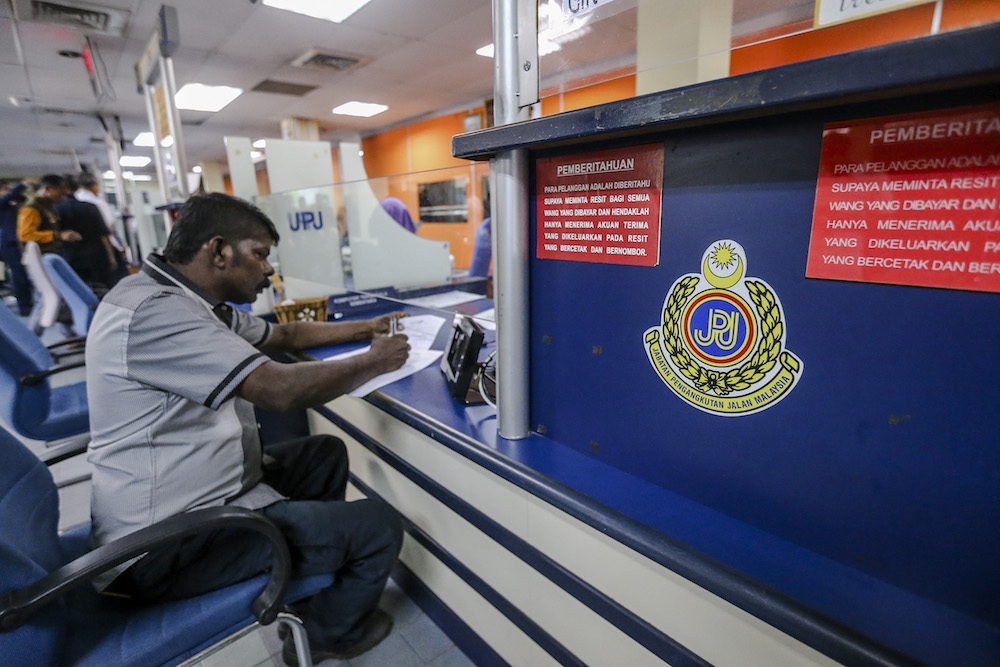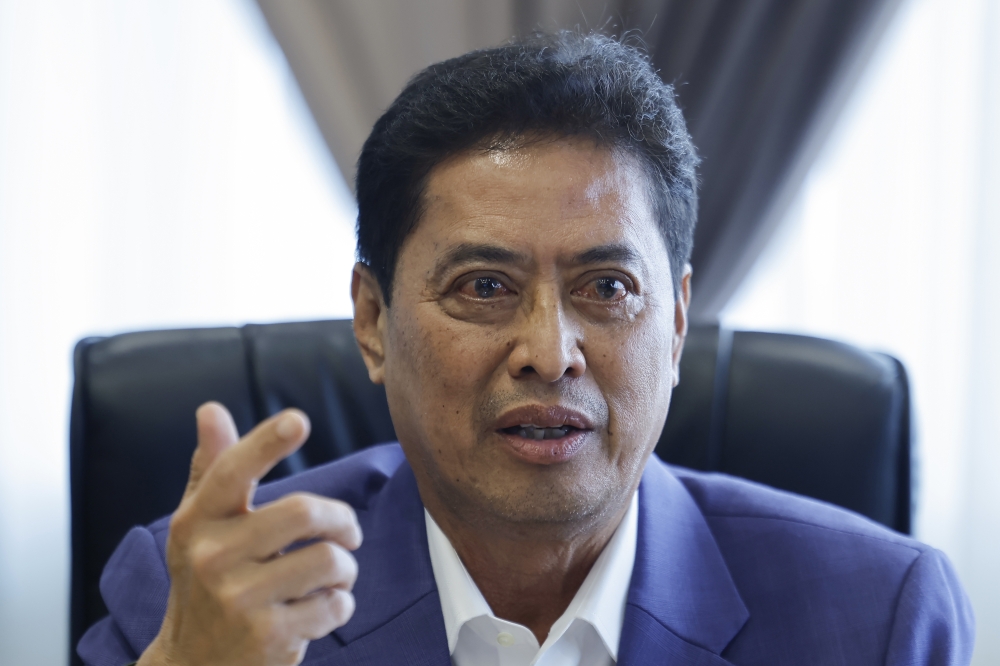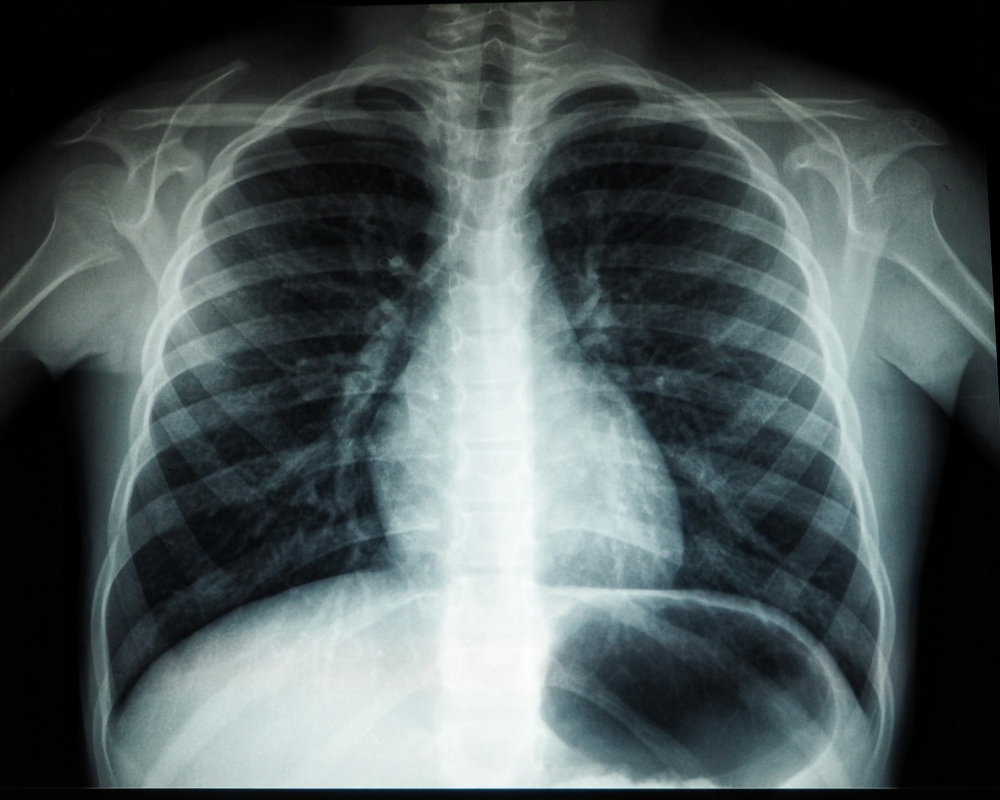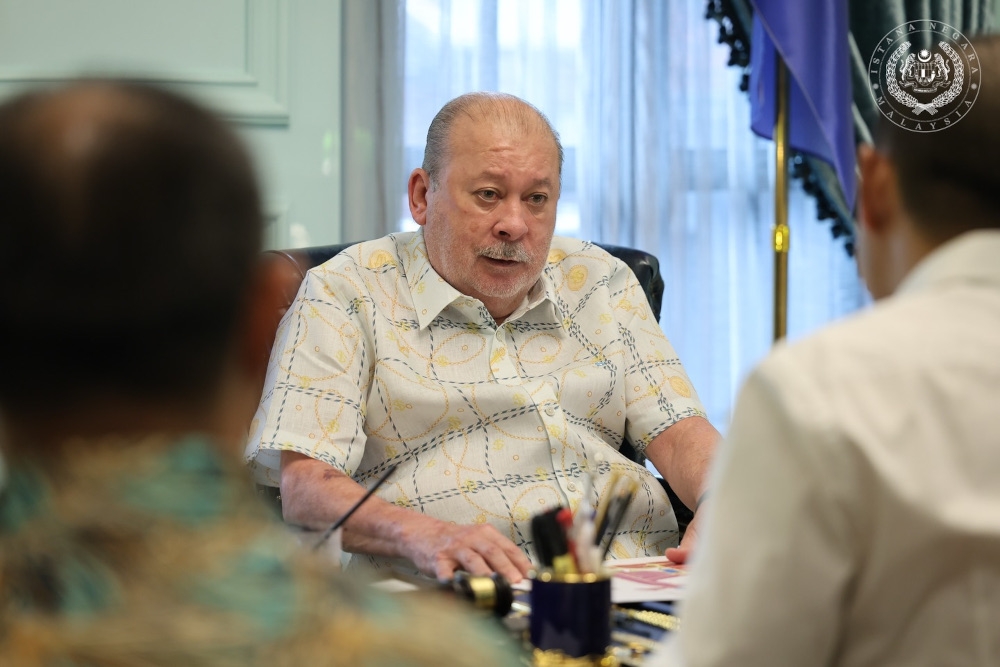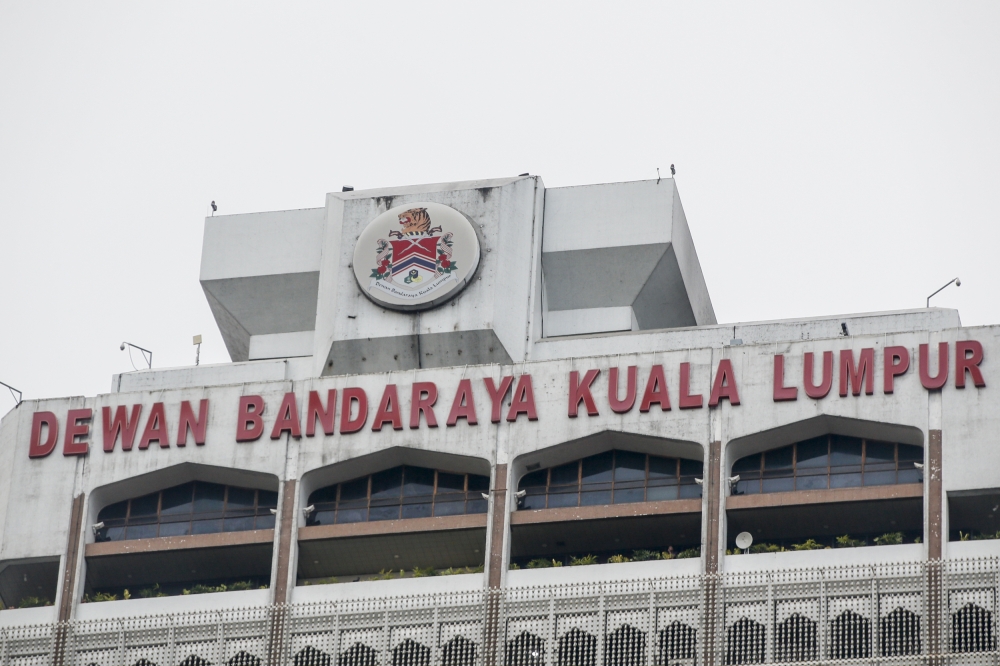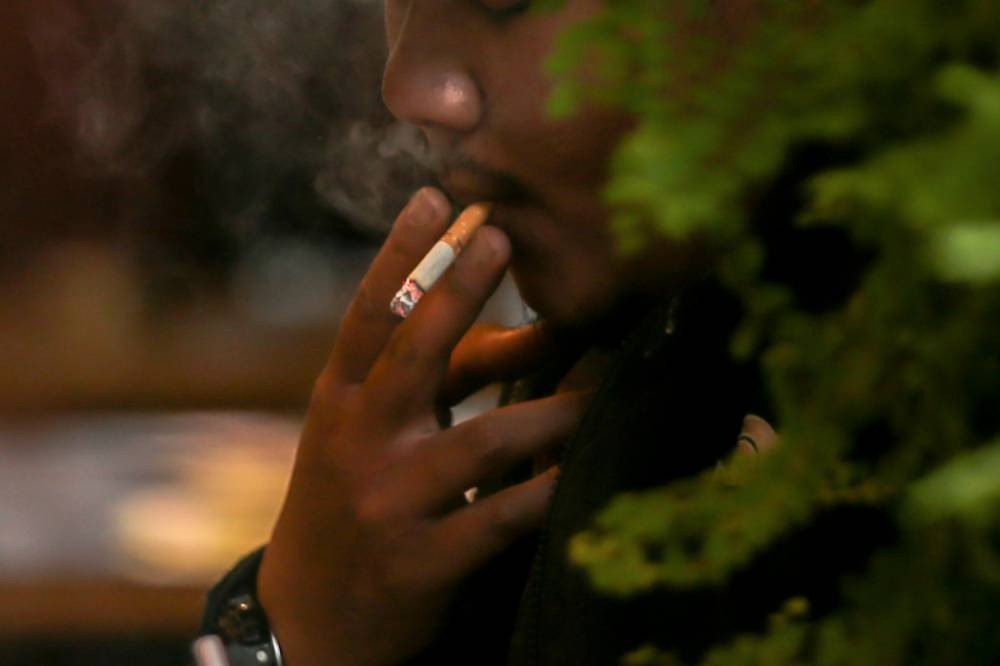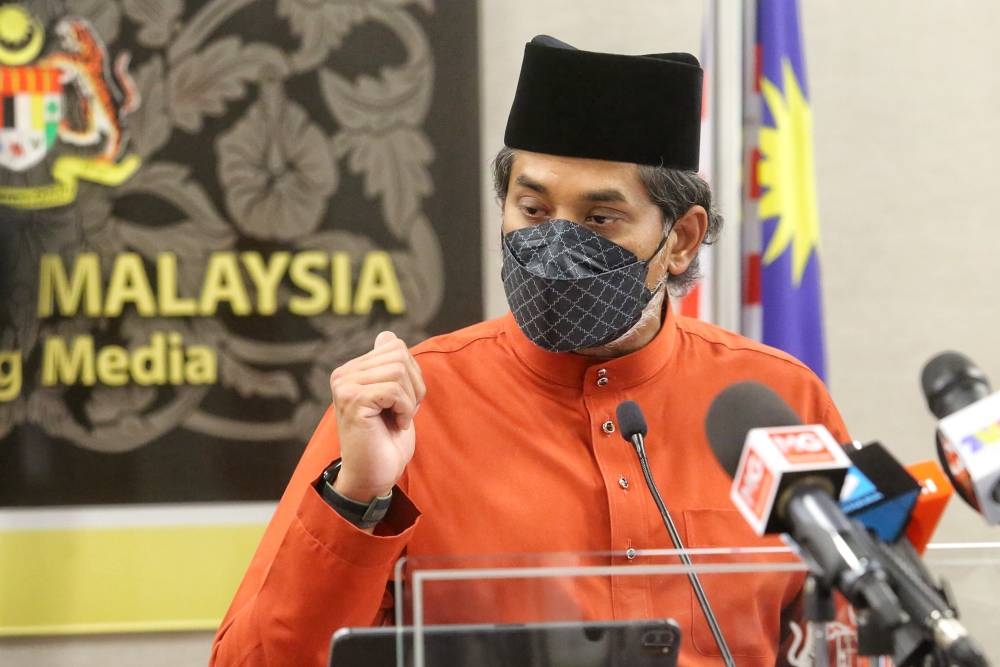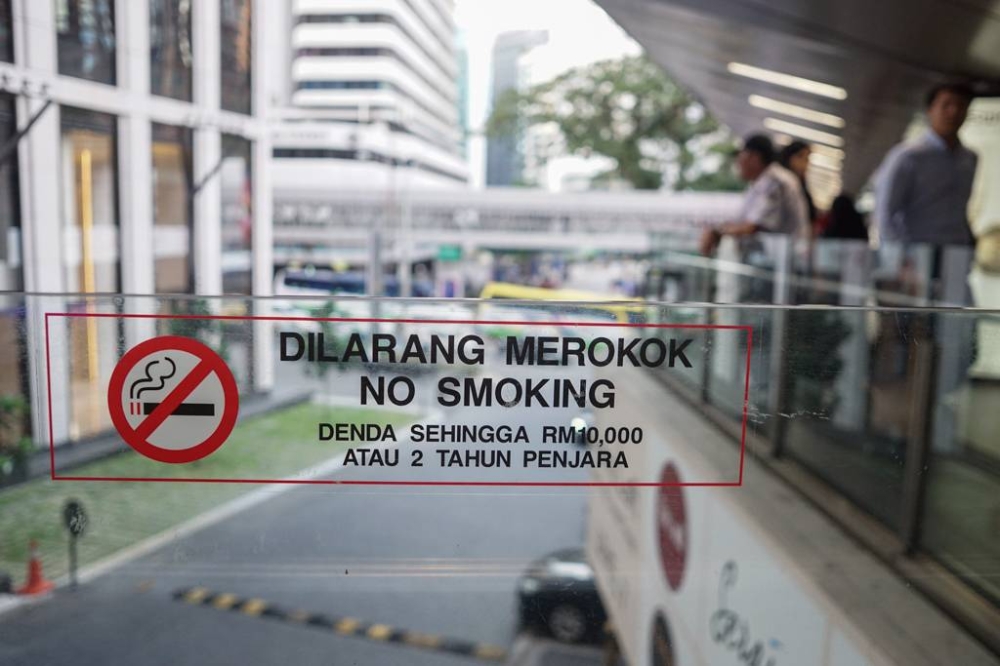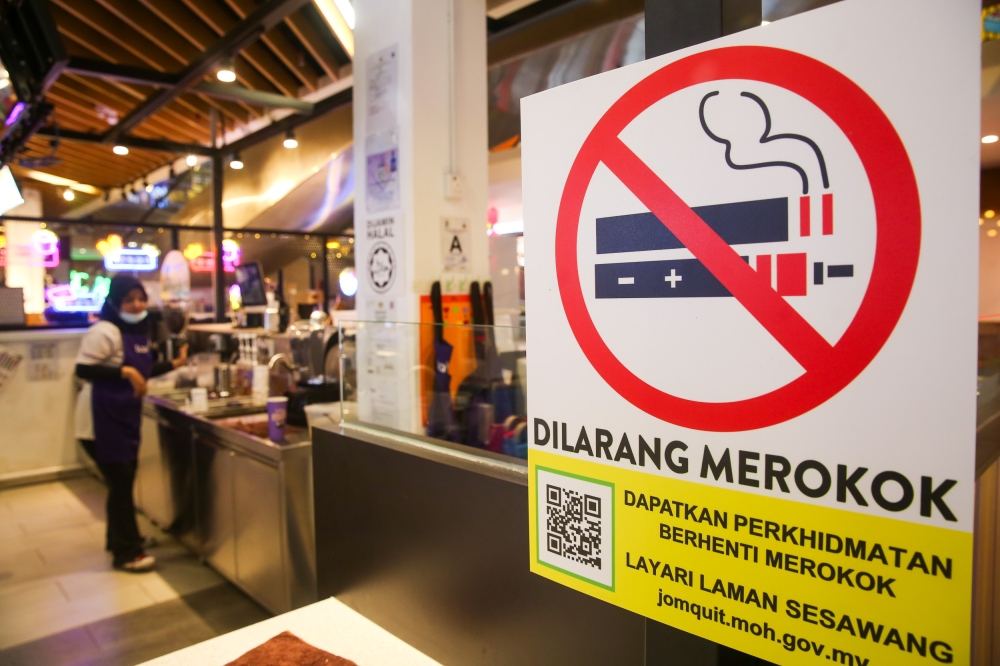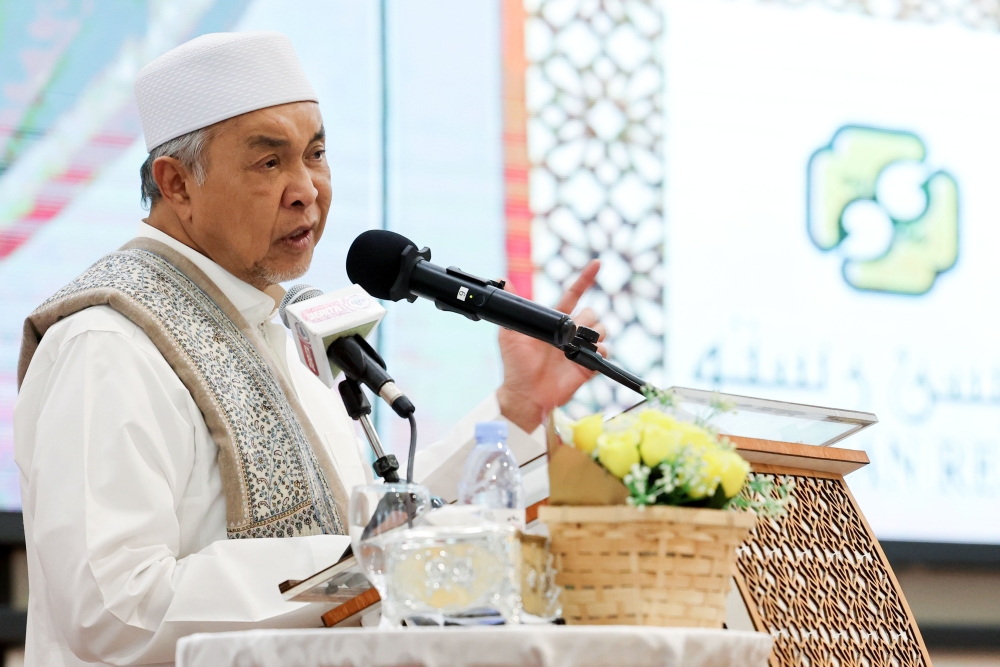KUALA LUMPUR, July 22 — A group of 43 non-profit organisations (NGOs) today urged members of Parliament to pass the Tobacco and Smoking Control Bill to safeguard the health of future generations of Malaysians.
In a press conference today, the group said that it was in full support of Health Minister Khairy Jamaluddin's Bill to ban those born on January 1, 2005 and onwards from ever purchasing tobacco and tobacco-related products, but were dismayed by several MPs who have put up a fight against its implementation.
"The Tobacco and Smoking Control Bill, which will be debated in Parliament soon, must be supported by all MPs.
"This Bill is a breath of fresh air for Keluarga Malaysia, to combat the smoking problem in the country as a whole," the group said.
Managing director of the National Cancer Society Malaysia (NSCM) Dr Murallitharan Munisamy — one of the members of the group pushing for this Bill to pass — also presented several facts to help persuade and clarify certain doubts raised by MPs in Parliament about the Bill, in hopes that it would sway their decision towards supporting the Bill.
"We put our support behind the Bill, and we have conveyed to the media our stance on this Bill. But now, there are a few problems and issues that are being brought up by members of Parliament.
"So we are calling this press conference today to clarify some of the queries, concerns and worries raised by MPs. We hope that we can address this today so that they understand and can act in a positive manner towards supporting the Bill," he told reporters today.
Responding to several MPs who said that should the Bill pass, those who are already smoking would not be able to smoke as freely as before, Dr Amrahi Buang — president of Malaysian Pharmacists Society — explained that smoking is similar to falling blindly into a deep dark well that is near impossible to escape, a lifestyle niche that needs to be addressed.
"With this Bill, we will have a generation that is smoke-free. Are we going to repeat this with the next generation? It is already really hard to pull back those who have fallen so deep into this well," he said.
He said that cigarettes and vapes also act as a gateway for youths to explore illicit drugs, adding that the brains of youths are more susceptible to the addictive nature of nicotine.
"When they start with cigarettes, do they stop at cigarettes? No! It would open their mind to trying all sorts of drugs. So what is most important is that we must solve this from the source," he said.
Burhanuddin Disa, secretary general of Persatuan Mencegah Dadah Malaysia (Pemadam), another member of this group, said that the Bill would act as a prevention method, and everyone knows that prevention was better than cure.
He said that Malaysia would be on its first steps towards being a smoke-free country beginning 2005, should the Bill pass in Parliament.
"We will not see those born after 2005 smoking or vaping. It's the same with those born in 2006, 2007 and onwards. None of them will be smoking, which means Malaysia would be clear of smoke.
"This Bill is prevention. In school, kids are taught about the bad habit of smoking. From kindergarten all the way to high school. But once they leave school, there is no Act to enforce it.
"We hope with the passing of this Bill, it will also give more power to the previous Act banning those under-18 from smoking, and give more power to its enforcers to help kick Malaysia's smoking habit," he said.
Datuk Dr Saunthari Somassundaram, president of NSCM, also responded to several MPs who said that the banning of cigarettes and vapes would be a slippery slope that may lead to the banning of other products, calling it comedic and nonsensical.
"I think it's quite comedic because there have been many substances that have been banned for health reasons. Simple things like chemicals in food, things that we had before, and no one has ever said that it was a slippery slope in terms of personal rights.
"When you talk about tobacco, a lot of people talk about the harm of tobacco itself. But the nicotine itself has unique properties which are even more harmful. And the unique aspect of nicotine is that it is addictive.
"An addiction takes away that personal choice to smoke. I choose the smoke, I choose to consume nicotine, but the truth is once you are addicted, you no longer have the choice," she said, emphasising the importance of this smoking ban.
On those who think that the ban on cigarettes would lead to an increase in contraband cigarettes, Dr Muralli said that it was the exact opposite.
He said that as with every product, there will always be supply and demand, as with price controls, the illicit trade of illegal cigarettes would die off on its own.
"When the Bill passes and those born after 2005 cannot buy vapes of cigarettes, that's at least nine million less potential smokers. And the unique thing about this Bill is that it also includes licensing for sale of these products, meaning it can create an environment where the prices of cigarettes are controlled, and with that, less illicit trade.
"Imagine a whole generation of non-smokers. We call this a positive deviant," he said.
Last week, New Straits Times (NST) reported Health Minister Khairy Jamaluddin saying that the Tobacco and Smoking Control Bill was approved by the Cabinet on July 13.
He reportedly said that the Bill would be tabled in the current parliamentary meeting.
The proposed Bill essentially prevents those born on January 1, 2005 and onwards from ever purchasing tobacco and tobacco-related products, even when they hit 18 or the current legal age for consumption.

